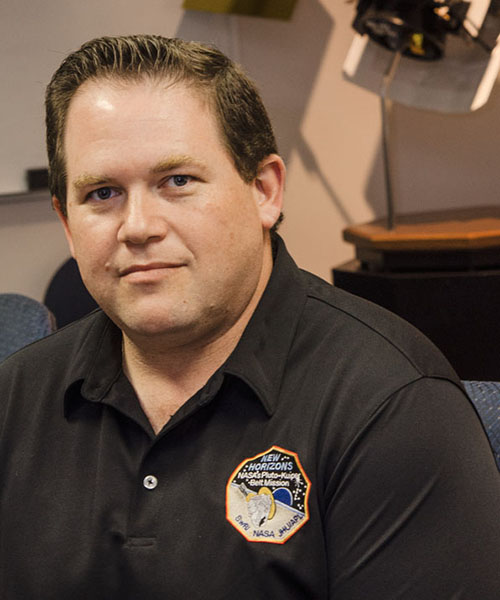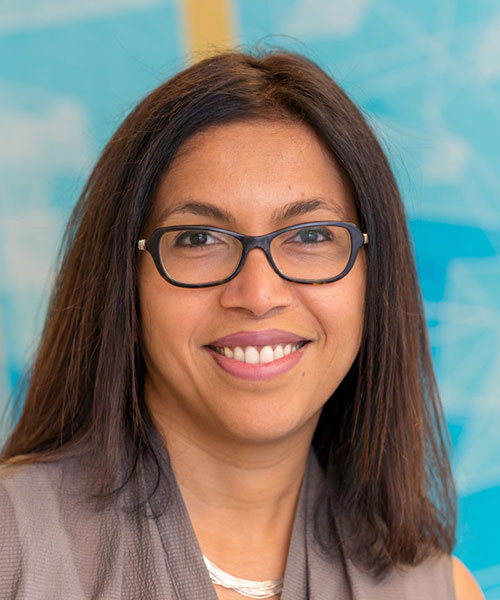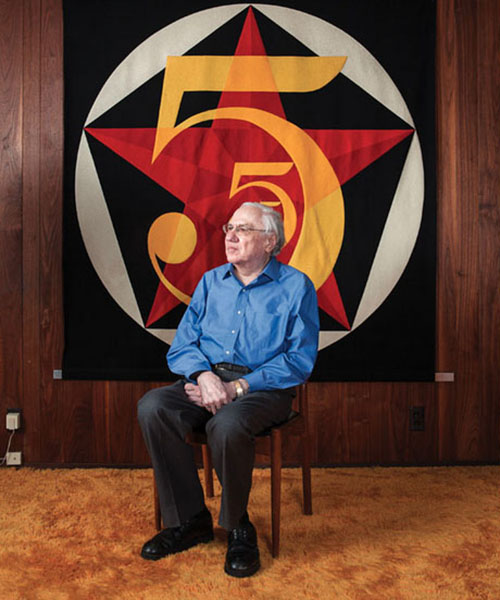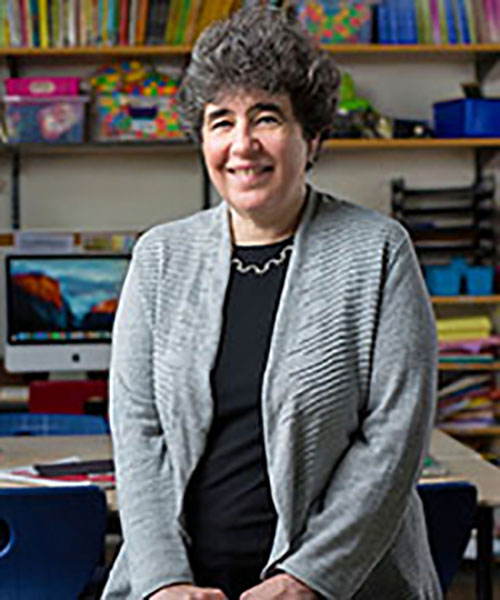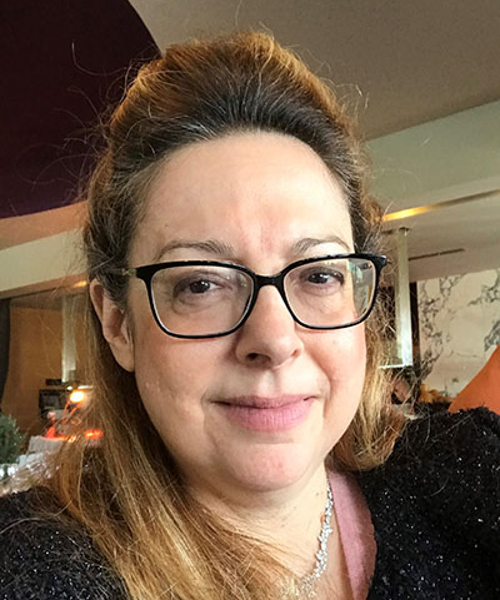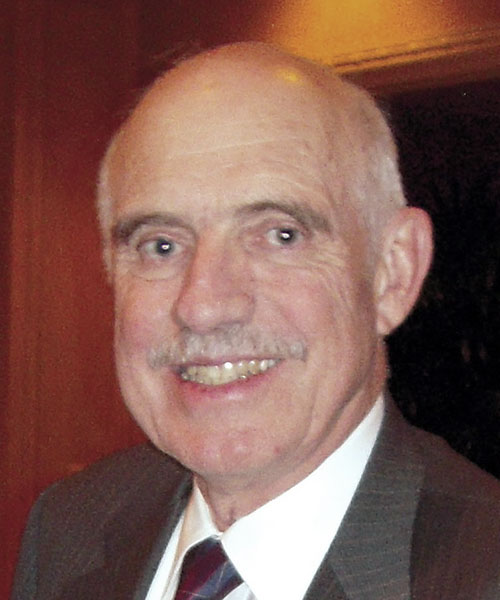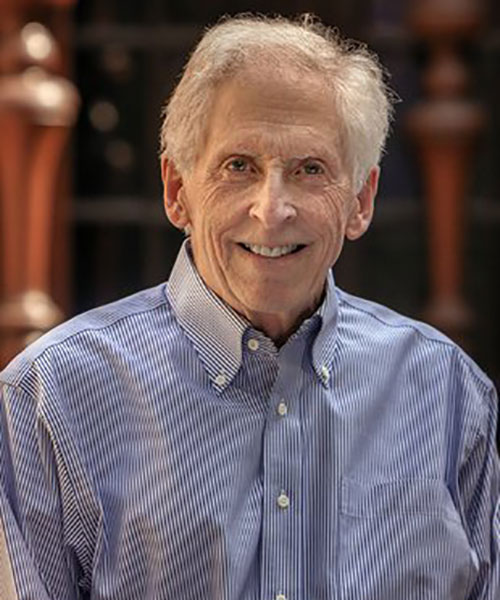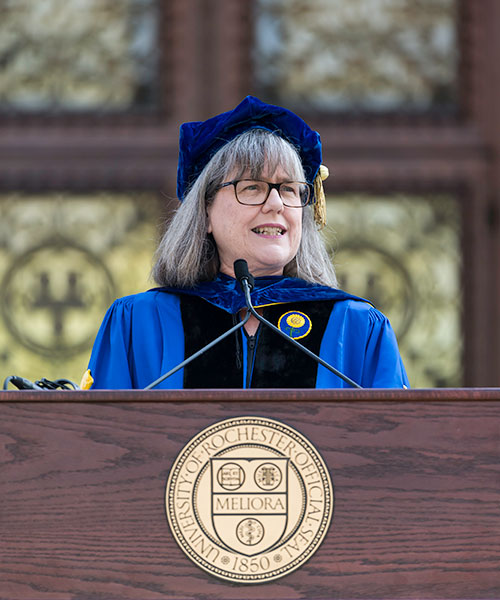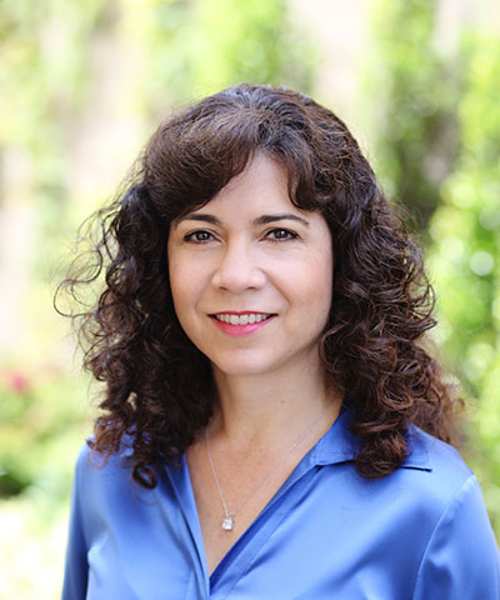Alumni
Our graduates have put their finances and careers on the line to launch new enterprises. They have risen to leadership positions in growing companies. They have played key roles in developing products and carrying out projects. They have continued their research as faculty members at universities and as scientists at research institutions. And they have found ways to apply their engineering skills in patent law, medicine and other areas. We salute them all. They have carried our University's mission to the far reaches of the globe—and even into Space. Meliora: Ever better!
Our alumni have also served in key leadership and advisory roles at the University and the Hajim School by serving on the Hajim School National Council.
Learn how you can support engineering for the future.

